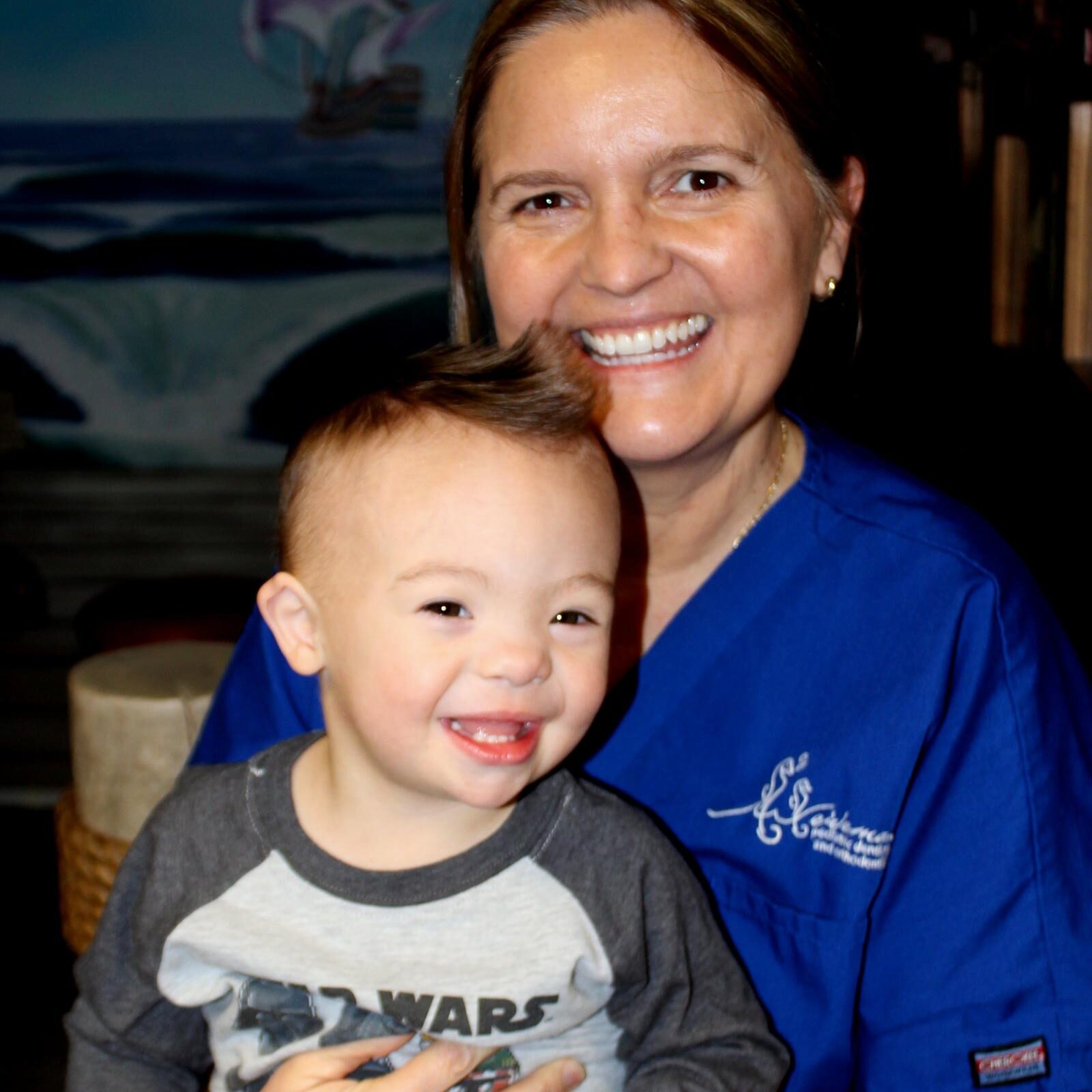Find Emergency Care for Your Child's Smile
If your child faces a dental emergency, give us a call immediately.
We're always here to help when your child's dental health is at risk. Here are some tips for dealing with urgent dental situations in an emergency.

Bitten Lip or Tongue
If your child has a bitten lip or tongue severe enough to cause bleeding, clean the bite gently with water and use a cold compress (a cold, wet towel or washcloth pressed firmly against the area) to reduce or avoid swelling. Give us a call to help determine how serious the bite is.
Object Caught In Teeth
If your child has something caught between their teeth, use dental floss to remove it gently. Never use a metal, plastic, or sharp tool to remove a stuck object. If you cannot remove the item with dental floss, call us.
Broken, Chipped, or Fractured Tooth
If your child has chipped or broken a piece of a tooth, rinse their mouth with warm water, then use a cold compress to reduce swelling. Try to locate and save the tooth fragment that broke off. Call us immediately.
Knocked-Out Tooth
If your child has a tooth knocked out, find the tooth and rinse it with water (no soap), taking care to only touch the crown of the tooth (the part you can see when it's in place). Place the tooth in a clean container with milk.
Call us immediately and head to the hospital. If you act quickly, it's possible to save the tooth.
Loose Tooth
If your child has a loose tooth, it should be removed to avoid being swallowed or inhaled.
Broken Jaw
If you know or suspect your child has sustained a broken jaw, use a cold compress to reduce swelling. Call our emergency number and head to the hospital immediately.
A broken jaw often results from an injury to the head. Severe impacts to the head can be dangerous and even life-threatening.
Avoiding Injury
Here are some simple ways to help your child avoid dental emergencies:
- Child-proof your house to prevent falls and accidents.
- Don't let your child chew on ice, popcorn kernels, or other hard foods.
- Always use car seats for young children and require seatbelts for older children.
- If your child plays contact sports, have them wear a mouthguard. Ask us about creating a custom-fitted mouthguard for your child.
- Prevent toothaches with regular brushing, flossing, and visits to our office.